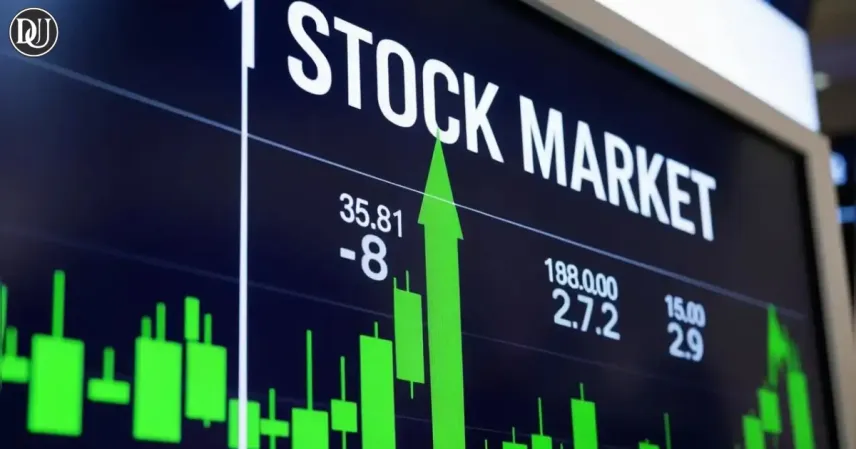Did you see what happened with the market today? Honestly, felt like a bit of a gut punch for investors – Sensex dropping 586 points, Nifty below 24,600. It’s wild how quickly things can shift, you know? Just when you think things are chugging along, something like this hits.
📈 A Sharp Turn South
The numbers really stand out. Nifty dipping below that 24,600 mark… that’s pretty significant, and the Sensex drop? Almost 600 points. You see those headlines about Tata Steel and Maruti shedding like 3% each? That’s not a small movement for companies that size. Pharma also took a hit, which is interesting because it’s usually seen as a somewhat defensive sector. I mean, people always need medicine, right? But sometimes even those safer bets get pulled down in a broader market correction. It just makes you wonder about the underlying sentiment.
🤔 What's Behind the Dip?
It’s always tough to pinpoint one single cause for these things. Sometimes it’s global cues, other times it’s domestic policy or some sector-specific news. You hear talk about profit booking, especially after a period of significant gains. People just decide to cash out, particularly the big institutional players. And when they start selling, it can create a bit of a snowball effect. Retail investors see the red, get nervous, and then maybe they jump in to sell too, just to stop the bleeding. It’s human nature, I guess – fear of missing out on gains, but also fear of losing what you’ve got.
📉 Sectoral Impact and Market Breadth
The fact that pharma was singled out as "worst hit" by Moneycontrol is definitely something to note. You'd think, given recent global health trends, pharma would be somewhat insulated. But this shows the market can be pretty indiscriminate when it decides to pull back. And when big names like Tata Steel and Maruti are down 3%, it’s not just a few small caps getting battered. That’s broad-based weakness. It signals something more fundamental might be at play, or maybe just a collective decision by a lot of smart money to take some chips off the table. It makes you think about diversification – how even if you're in seemingly strong sectors, a market-wide trend can impact everything.
🔄 The Psychology of the Investor
Honestly, watching these daily swings, it really highlights the psychology involved in investing. It’s not just about the numbers or the balance sheets, you know? It's about how people react to uncertainty. One day, everyone's bullish, throwing money in; the next, a single bad day can trigger a wave of panic or caution. It’s fascinating, really, how emotion plays such a massive role. Could be wrong, but I’ve noticed that sometimes the market overreacts initially, then finds its footing a few days later. It’s like a pendulum, always swinging too far one way before correcting.
🧘 Staying Calm in the Storm
For someone holding investments, a day like this can be pretty unsettling. But I remember hearing somewhere that these dips are often just noise in the long run. If your fundamental reasons for investing in a particular company haven't changed, then a single down day probably shouldn't make you sell everything. Easier said than done, I guess, especially when you see your portfolio value shrinking. But it’s a good reminder about the importance of having a long-term perspective. And maybe not checking your portfolio every five minutes. Trust me, I know how tempting that is.
🚀 Looking Ahead: Beyond the Dip
So, where does this leave us? A day like this, you know, it’s a snapshot. It doesn’t necessarily define the entire market trend for the next few months or years. Markets are cyclical. There are ups, there are downs. The really interesting part is seeing how it recovers, and which sectors lead that recovery. Will it be the same ones that fell, or will new leaders emerge? That’s the million-dollar question, isn’t it? It just makes you want to keep an eye on things, maybe adjust your strategy slightly, or just reaffirm your conviction. It’s a dynamic beast, the stock market. You get the idea.
Anyway, got to go try and get some sleep now. My brain just decided this was the perfect 2 AM thought. Talk soon.










